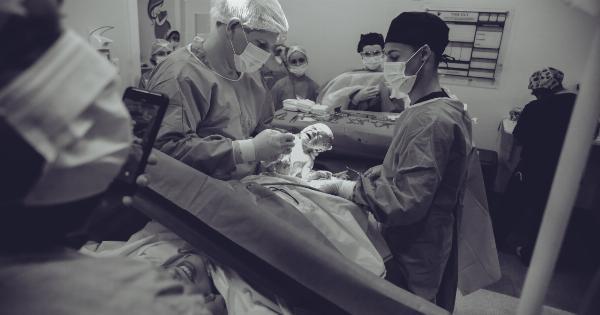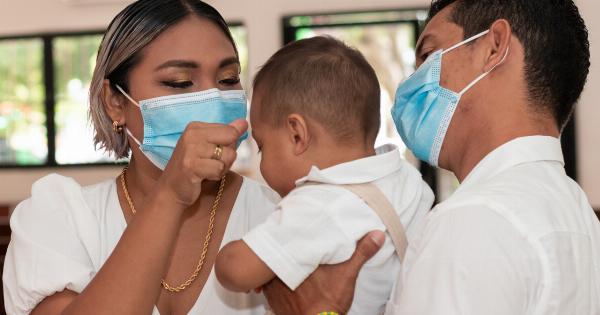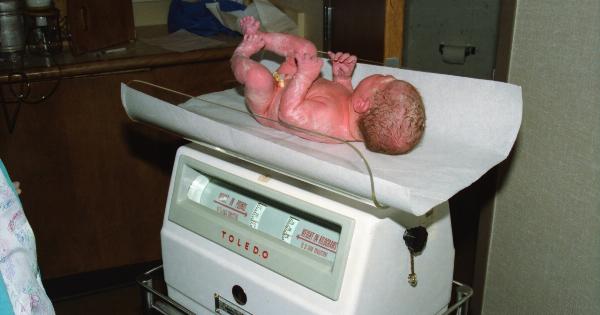As a parent, keeping your baby healthy and safe is your top priority. Babies are delicate and prone to injuries and illnesses, so it’s crucial to take proactive measures to ensure their well-being.
By following these ways to keep your baby healthy and injury-free, you can provide a nurturing and secure environment for your little one.
1. Vaccinations
Vaccinations are one of the most effective ways to protect your baby from various diseases. Ensure that your baby receives all the recommended vaccines on time.
Consult with your pediatrician to stay updated on the immunization schedule and any additional vaccines that may be needed.
2. Proper Hand Hygiene
Keeping your baby’s hands clean is essential to prevent the spread of germs. Wash your hands before and after handling your baby, especially during diaper changes and meal times.
Also, encourage other family members and visitors to wash their hands before touching the baby.
3. Breastfeeding
Breast milk provides essential nutrients and antibodies that boost your baby’s immune system. Exclusive breastfeeding for the first six months of your baby’s life helps protect against infections, allergies, and other health issues.
If breastfeeding isn’t possible, consult with your doctor about the best alternative feeding options.
4. Safe Sleep Practices
Creating a safe sleeping environment reduces the risk of sudden infant death syndrome (SIDS). Place your baby on their back to sleep, on a firm mattress with no loose bedding, pillows, or stuffed animals.
Avoid co-sleeping with your baby, as it increases the chances of accidents and suffocation.
5. Baby-Proof Your Home
Before your baby starts crawling and exploring, ensure that your home is baby-proofed. Cover electrical outlets, secure furniture to the wall, install safety gates, and lock cabinets containing hazardous materials.
Regularly inspect your home for any potential hazards and make necessary modifications.
6. Supervision
Never leave your baby unattended, especially on elevated surfaces such as changing tables or beds. Babies can quickly roll over and fall, leading to serious injuries.
Keep a watchful eye on your baby at all times, especially when they are exploring new areas or playing with toys.
7. Regular Doctor Check-ups
Schedule regular check-ups with your baby’s pediatrician to monitor their growth and development. These visits provide an opportunity to discuss any concerns, track vaccinations, and receive guidance on nutrition and safety.
Don’t hesitate to reach out to your doctor if you notice any unusual symptoms or behavior in your baby.
8. Hygiene and Cleanliness
Maintaining cleanliness and good hygiene practices is vital for your baby’s health. Regularly wash their clothes, bedding, and toys to prevent the buildup of germs.
Clean and disinfect surfaces that come into contact with your baby, such as changing tables and high chairs. Avoid exposing your baby to individuals who are sick or have contagious infections.
9. Proper Feeding
Whether you breastfeed or use formula, ensure that your baby receives a well-balanced and age-appropriate diet. Introduce solids at the right time, following your doctor’s recommendations.
Avoid giving honey or any potential choking hazards to reduce the risk of food-related injuries.
10. Baby Massage and Physical Activity
Baby massage helps improve circulation, muscle tone, and overall well-being. Engage in gentle massage sessions with your baby to promote relaxation and bonding.
Additionally, allow your baby supervised tummy time every day to strengthen their muscles and support their motor development.
Conclusion
By implementing these ways to keep your baby healthy and injury-free, you are taking proactive steps to safeguard their well-being.
Remember to stay informed about the latest recommendations from healthcare professionals and enjoy the beautiful journey of parenthood with your healthy and happy baby.





























